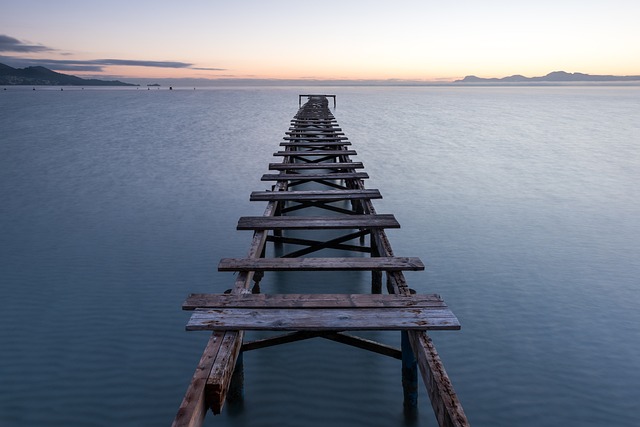The UN is worried that the Spanish political right might attempt to whitewash the Franco era atrocities.
Three of the institution’s experts are worried that the People’s Party (PP), conservative, and Vox, the far-right, have introduced laws in three of the country’s autonomous communities that could change the state’s and local authorities’ obligations on human rights and the preservation of historical memory.
The communities are Aragon, Castile and Leon, and Valencia.
It’s the ‘concordia’ laws which are causing the problem. These have been introduced where PP and Vox are in coalition.
The local laws are seen as an attempt to neutralise the recent national law, introduced by the Socialist-led government, which tries to accurately remember what went on in the Franco era. This includes a DNA bank to help identify remains in unmarked graves and a ban on groups that praise and promote the Franco period.
The UN experts stated: “We would like to recall once again the obligation of the state as a whole to guarantee the preservation of the collective memory regarding the manifest violations of human rights, such as those committed during the Franco dictatorship and the Civil War.”
PP and Vox deny they are trying to white-wash the period.
The current Spanish government plans to fight the local laws in the country’s Constitutional Court.
It was back in 2022 when the Spanish Congress passed a new democratic memory law. This stated that the Franco regime was illegal and nullified the rulings of its courts.
Ironically, the Catalan independence parties which now keep the socialist PM Pedro Sánchez in power, did not support the memory law, saying it did not go far enough.
Franco, full name Francisco Franco Bahamonde, came to power in 1939. He was a Spanish military general who led the Nationalist forces who overthrew the Second Spanish Republic during the Spanish Civil War. He ruled until 1975 as a dictator, under the title Caudillo.


